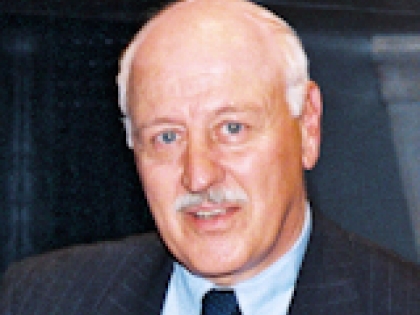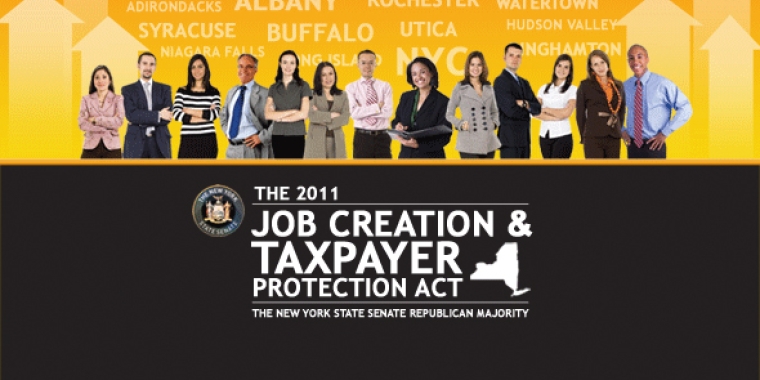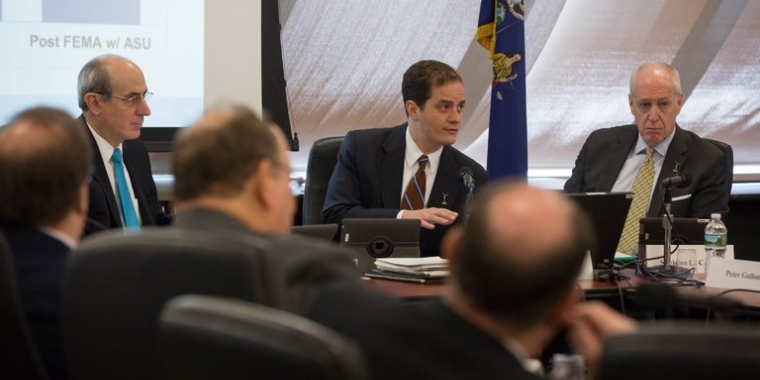
LaValle Legislative Kick-Off: Economy and Jobs Top Agenda; Senate Votes on Jobs Creation and Taxpayer’s Protection Act.
Kenneth P. LaValle
January 19, 2011

New York State Senator Kenneth P. LaValle (R, C, I – Port Jefferson) said he voted today for the Senate Majority’s Job Creation and Taxpayer Protection Act of 2011. LaValle said the three-part plan encourages the creation of new, private-sector jobs and ensures fiscal responsibility, including the enactment of a two percent state spending cap requiring a two-thirds “super majority” vote to increase taxes.
The people of the First Senatorial District made it abundantly clear during the last election cycle,” LaValle said, “No new taxes and we need jobs, jobs, jobs.”
“Jobs, “ LaValle said are one of the engines that will drive the economy’s recovery. New jobs provide new state revenue when the newly employed or re-employed spend on goods and services they held back on while unemployed. There is tremendous pent up demand.”
LaValle explained the Senate majority plan and said it would provide businesses with a three-year tax credit of up to $5,000 for each new job created and will eliminate taxes for small businesses and manufacturers that pay the state’s corporate franchise tax. Additionally, LaValle said, the plan will roll back the income tax surcharge enacted in 2009 by the then Democrat majority. The plan will also place a freeze on new taxes, fees and regulations that are destroying private sector job-creation efforts in the state, LaValle explained.
LaValle said the tax credit could grow by as much as an additional $3,000 per job if new hires come from those who are collecting state unemployment insurance and would thereby help reduce the costs borne by taxpayers.
LaValle said the plan also includes a State Spending Cap – the third such cap submitted by Senate Republicans -- that ensures New York spends no more than taxpayers can afford. The cap, would be set at two percent or 120 percent of the consumer price index (CPI) (currently 1.9 percent), whichever is lower, would ensure that the state reduces spending, lives within its budget and eases the taxpayers’ burden.
In any given year, 50 percent of tax revenue that exceeded the cap would be placed in a reserve fund and 50 percent would be returned to taxpayers in the form of direct tax rebates.
To raise taxes, LaValle said, would require a two-thirds “super majority” vote in each house, rather than a simple majority. The super majority vote makes it much more difficult to implement a state tax increase. LaValle said, 16 states currently require more than a majority vote to increase taxes.
“My mission,” LaValle concluded, “is to reduce taxes, create jobs and cap state spending. This legislation, voted on today, is the first step on the road to our economic recovery and fiscal well being.”



